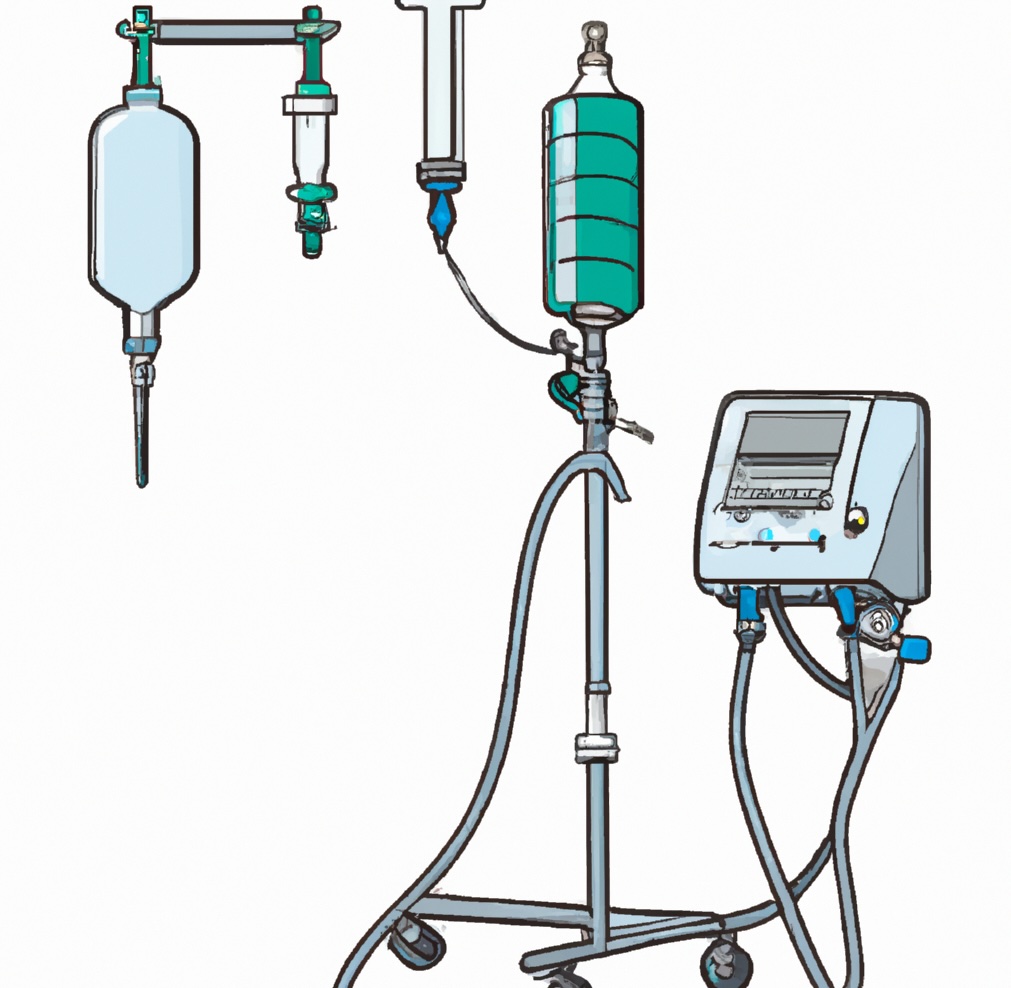Sedation Dentistry
Sedation Dentistry: A Safe and Stress-Free Approach to Dental Care
Sedation dentistry represents a breakthrough in dental care for patients. Dental anxiety and fear are common barriers that prevent many individuals from seeking the dental care they need. At Blende Dental Group, we understand the significance of addressing these concerns to create a stress-free and comfortable environment for our patients. So let’s explore the benefits of sedation dentistry for those with dental anxiety and fear. Additionally, we’ll provide insights into the various sedation options available at Blende Dental Group, showcasing how these modalities enhance the overall patient experience.
Understanding Dental Anxiety and Fear
Dental anxiety and fear can manifest in various ways, ranging from mild unease to severe phobia. These emotions often stem from previous negative experiences, fear of pain, or general apprehension about dental procedures. As a result, many individuals avoid or delay essential dental treatments, compromising their oral health. Of course, there are also fears surrounding the use of sedation modalities.
Over the past 80 years, the practice of using anesthesia has continued to become safer and more effective, largely due to the introduction of safety standards and improved training. During the 1940s, about 6 people in 10,000 died due to anesthesia-related complications. Today, the mortality rate is incredibly low at about 1 person out of every 200,000 to 300,000.
As the Mayo Clinic assessed, “General anesthesia is overall very safe; most people, even those with significant health conditions, are able to undergo general anesthesia itself without serious problems.”
The Benefits of Sedation Dentistry
Relaxation and Anxiety Reduction
Sedation dentistry is a game-changer for individuals with dental anxiety. It induces a state of relaxation, making it easier for patients to undergo dental procedures without the associated stress and fear.
Pain Management
Sedation helps manage pain effectively, ensuring that patients experience minimal discomfort during and after dental treatments.
Time Efficiency
Patients under sedation often perceive time differently, making longer procedures feel shorter. This benefit is particularly valuable for complex treatments, allowing our dental professionals to work with precision without causing undue distress to the patient.
Increased Cooperation
Sedation promotes increased cooperation from patients, especially those with special needs or difficulty sitting still for extended periods. This cooperation is vital for delivering optimal dental care.
Sedation Options
Nitrous Oxide (Laughing Gas)
Nitrous oxide, commonly known as laughing gas, is a mild sedative administered through a mask placed over the patient’s nose. It induces a state of relaxation while allowing individuals to remain conscious and responsive. At Blende Dental Group, we use nitrous oxide for routine procedures and minor treatments.
Oral Conscious Sedation
Oral sedation involves the administration of a prescribed medication in pill or liquid form before the dental procedure. This option is suitable for patients with moderate anxiety levels. The medication induces a deeper state of relaxation, and patients often have limited recollection of the procedure.
Intravenous (IV) Sedation
For those with more pronounced anxiety or undergoing complex procedures, intravenous sedation may be recommended. Administered through a vein, IV sedation allows our team to precisely control the level of sedation throughout the procedure. Patients remain conscious but experience a profound sense of relaxation.
General Anesthesia
In cases where extensive dental work is required or for patients with severe dental phobia, general anesthesia may be an option. Administered by a qualified anesthesiologist, general anesthesia induces a deep sleep-like state, ensuring that patients are completely unaware of the procedure.
The Optimal Sedation Dentistry Experience
Sedation dentistry requires a commitment to patient comfort that extends beyond the dental chair. An experienced and seasoned team is one that takes a personalized approach to determine the most suitable sedation option based on the individual’s needs, medical history, and the complexity of the procedure.
Comprehensive Consultations
Before recommending a sedation option, experienced dental professionals should conduct thorough consultations with patients. This allows them to understand their concerns, tailor their approach, and create a treatment plan that aligns with the patient’s comfort level.
State-of-the-Art Monitoring
Patient safety must remain the top priority. During sedation, dental teams should utilize advanced monitoring equipment to track vital signs, ensuring a secure and controlled environment.
Post-Sedation Care
Every patient should receive detailed post-sedation care instructions to ensure a smooth recovery process. Dental teams should also follow up with patients to address any concerns and monitor their progress after the procedure.
Blende Dental Group: Leaders in Sedation Dentistry
The optimal experience we’ve just described is the experience that patients receive at the Blende Dental Group. For us, sedation dentistry is not just about addressing anxiety; it’s about transforming the entire dental experience. By offering the full range of sedation options and prioritizing patient well-being, we have created and refined an environment where individuals can receive the dental care they need without fear or stress.
Despite what you might think, most dentists can’t offer a comprehensive range of sedation services. Patients who require modalities beyond nitrous oxide often find themselves being referred to specialists for oral conscious sedation, IV sedation, and general anesthesia.
When you receive any type of sedation, the medications must be administered by a trained and licensed professional. Only qualified and credentialed individuals can monitor the sedation level achieved, vital signs, and adverse effects while being equipped to handle any emergencies that arise.
Some general dentists have qualification permits to administer IV sedation. In that case, you’ll need to determine your comfort level for having the dentist monitor the results of your sedation while working on delicate tooth structures.
A dentist anesthesiologist (DA) provides advanced anesthesia and pain management services for dental and oral surgical procedures. Some dentist anesthesiologists also attend medical surgeries. Post-doctoral specialty programs that train dentist anesthesiologists are rooted in medical anesthesia residencies, with DA residents closely and in some instances identically following the medical anesthesia residency training as their physician cohorts. These doctors bring a heightened level of experience and qualifications to sedation-based treatments.
At Blende Dental Group, we recommend that patients look for practices that have developed a multidisciplinary approach to managing the complexities of treating patients with diverse needs, staffed by physician anesthesiologists, medical doctors, and leading dental specialists who deliver care in office or at local hospitals. This is a hallmark of the Blende Dental Group. Our sedation dentistry practice uses physician anesthesiologists – medical doctors just like your primary care physician and surgeon. They specialize in anesthesia care, pain management, and critical care medicine, and have the necessary knowledge to understand and treat the entire human body.
When an anesthesiologist is present, he or she is dedicated solely to monitoring your wellbeing as the dentist works.
Consulting with Your Dentist
People should approach their selection of a dentist with the same diligence they use to hunt down a good car mechanic. No one would want an unqualified, uncertified, untrained, and unskilled grease monkey messing around with an expensive piece of machinery. Consider your body a very high-performance vehicle that requires precision, experience, and expert care. Also like a good mechanic, you want a dentist who can evaluate your condition and your needs to deliver an honest recommendation for treatment.
After speaking with your dentist, you may realize that you don’t need general anesthesia. Oral conscious sedation might be the best option for you. Conversely, you may discover that general anesthesia will offer the best outcome. But beyond that, you also need to verify that the dentist has the qualifications and training to safely administer the sedation.
Talk with the Experts at Blende Dental Group
Sedation modalities represent a breakthrough in dentistry. Patients with special needs, phobias, developmental or cognitive challenges, and physical limitations can receive the care they need without discomfort. For patients and dentists alike, sedation options open up new treatment approaches to those who would otherwise struggle to access oral health care. However, with hundreds of practices currently advertising sedation and sleep options, people need more insight to make informed decisions.
At Blende Dental Group, we invite you to experience dentistry in a new light — one where your well-being and comfort are paramount. Don’t let anxiety stand in the way of a healthy and beautiful smile; let us guide you through a soothing dental experience tailored to your unique needs. We’re a team of medical dentists with over 40 years of experience in all sedation modalities. Our doctors have hospital privileges and rely on MD anesthesiologists to provide the safest treatment outcomes available. To learn more or schedule a consultation, contact us today.
Let's brighten
that smile
The when and where are up to you.





